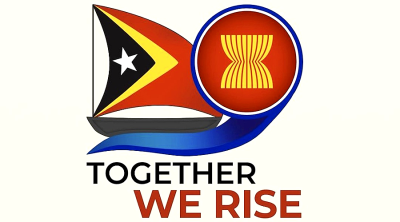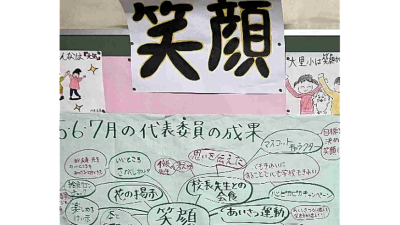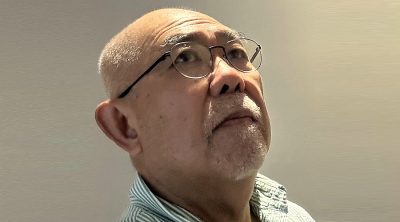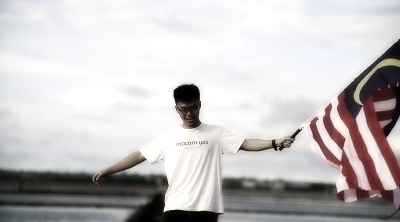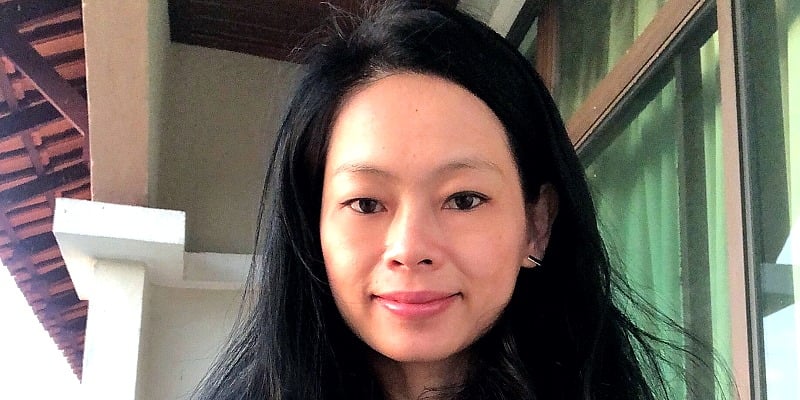
Parliament sits on 13 September with a reminder from the King to all Members of Parliaments (MPs) not to gamble with the country’s future for political self-interest.
The politicians should honor their sworn duty to put the people first. This is a reminder that most civil society groups, too, have raised over the years. Yet, our politicians, unfortunately, have somehow disappointed us in many ways.
In addition to that, the Memorandum of Understanding on Transformation and Political Stability (MoU) was signed between the government and Pakatan Harapan (PH).
The MoU points are strengthening the Covid-19 plan, governance transformation, parliamentary reforms, ensuring judicial independence, the Malaysia Agreement 1963, and the formation of a steering committee.
Some might question, why now and not before? Can this MoU bring about any changes to our politics?
But strangely enough, the pact did not receive as much a reaction from the public.
From the response to the MoU, the trust deficit to politicians is real.
For me, this is a huge challenge not only for the government but also for the opposition.
While our journey to democracy and political maturity can be complicated, to some extent people do understand that changes take time; some of the mishaps today could be avoided if we have politicians with high integrity.
Recently, I had the opportunity to participate in a forum organized by Aliran Kesedaran Rakyat (Aliran), entitled, “State, Society and Economy in Transition – Whither Malaysia?”
The forum attracted some excellent reactions and comments in relation to Malaysia’s future. The question here is, are we in transition?
I still remember vividly the hype that everyone had in May 2018 witnessing the first change of government from Barisan Nasional (BN) to PH.
I will be lying if I say I don’t feel disappointed with the series of events that have taken place in the country. Yet, at the same time, I am aware that the democratization process can be messy, and there is no absolute destination. Nevertheless, what’s more frustrating is the line-up of the politicians we have in the country.
The initial sign of the democracy setback took place in February 2020 when several MPs from Bersatu and Parti Keadilan Rakyat (PKR) plotted with the opposition to topple the PH government, that was also at the time when the COVID-19 was just detected in Malaysia about a month earlier in January 2020.
Since then, the country has also been engulfed in political instability for a long time after the abrupt resignation of Mahathir Mohamad.
As announced in January 2021, the emergency allowed the government to halt the parliament and has been used by the PN government under Muhyiddin Yassin to avoid a vote of confidence amid challenges to his leadership.
Now that we have another new government under Ismail Sabri unexpectedly, this furthers the general distrust in the public as they have been deprived of a stable and accountable government from time to time.
With the challenge of trust deficit to the politicians, and including the whole machinery of how the country is operating, what is Malaysia’s future? Where are we heading?
Very often, the capacity of ordinary people to undermine authoritarianism and achieve rights without violence is underestimated.
I wish to highlight this to our 9th prime minister Ismail Sabri that we should not ignore the protests during the time of COVID-19, as it sends an urgent signal to the government that there is a need to gain confidence and trust from the people, as all issues as raised are related to COVID-19 management by the government.
The increased usage of a hashtag that reflects society’s dissatisfaction such as #Lawan #KerajaanGagal #KeluarDanLawan should not be ignored.
As time goes by, economic and social needs will deepen strife in politics.
#KitaJagaKita, white flag campaigns, including protests from doctors, are all very important and play a role. For instance, the Hartal Doktor Kontrak (HDK) protest is significant. The government contract doctors turned up despite their superiors threatening to take disciplinary action against them. It directly responded to the day’s dissatisfaction with the government and even more so in the COVID-19 era by a less structured way of handling political upheavals.
These frustrations do not happen spontaneously, but in fact, it happens based on the accumulation of grievances. The government should seriously look into this and not turn a blind eye by ignoring people’s will.
The experience living with COVID-19 for more than a year tells us that the main issue remains with the lack of consistent policies and transparent information regarding COVID-19.
The battle is on ways to avoid this and instead put forward alternative plans for recovery that can, among others, expand rights and make economies fairer with a redistribution policy in place.
Moving forward, how do we drive trust? This is no longer about the government only; this is also about the durability of opposition political parties as trust deficit happens for both sides.
I must say I am not excited about the Keluarga Malaysia slogan. I do not see the necessity or value of having a slogan such as this, as more things require attention.
It is time for the government to realize that our problem is not something the slogan can solve. Instead, it involves the integrity of the politicians and that trust deficit is real and progressive steps should be taken immediately before our system is further worsened.
(Khoo Ying Hooi is Universiti Malaya Senior Lecturer.)
ADVERTISEMENT
ADVERTISEMENT






